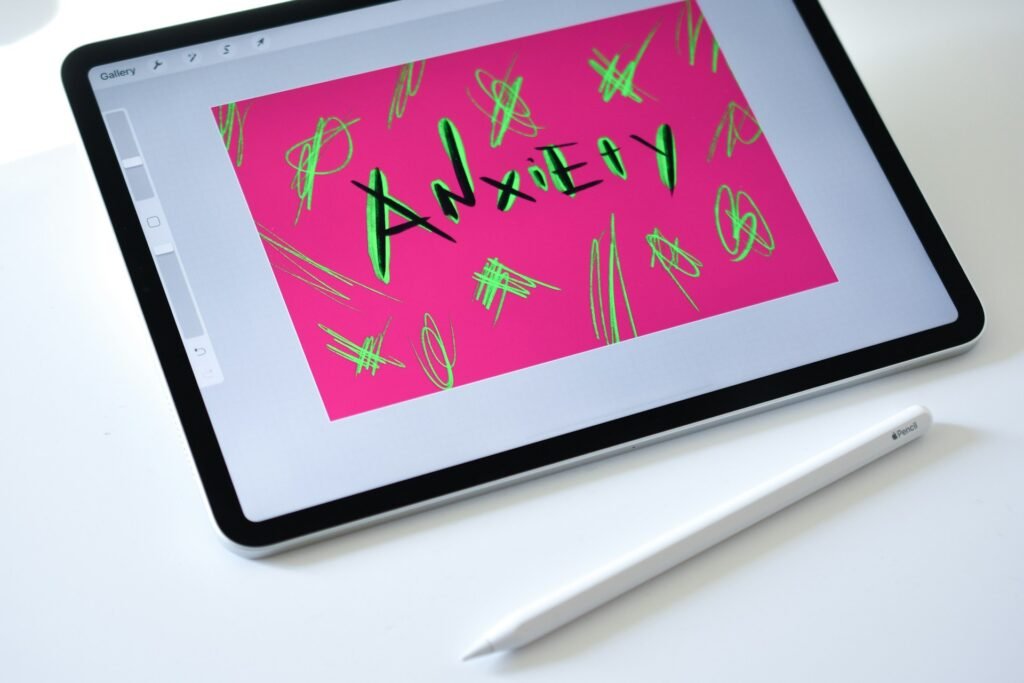
In today’s competitive job market, preparing for a job interview is more than just printing your resume and showing up on time. Discover 10 essential job interview tips to avoid common mistakes and deliver a perfect self-introduction. Boost your confidence and make a lasting impression! It’s about demonstrating your value, aligning with the company’s culture, and leaving a lasting impression.
Whether you’re a fresh graduate or a seasoned professional, excelling in interviews is a crucial skill that can make or break your career aspirations. In this comprehensive guide, we’ll walk you through detailed strategies, essential tips, and common mistakes to avoid when preparing for a job interview.
1. Understanding the Role and the Company
Research the Company
One of the most crucial aspects of interview preparation is researching the company. Go beyond just browsing the company’s website. Dive into its mission statement, values, recent achievements, and industry position. Familiarize yourself with their products or services, competitors, and any recent news about the company. This shows your genuine interest and helps you tailor your responses to their specific needs.
Pro Tips:
- Follow the company’s social media accounts for real-time updates.
- Check out employee reviews on platforms like Glassdoor.
- Read press releases or news articles about the company’s latest developments.
Understand the Job Description
Carefully analyze the job description to understand what the employer is seeking. Break down each requirement and think about how your skills and experiences align with them. Make a list of the key responsibilities and qualifications, then match your experiences to each one.
Pro Tips
- • Highlight keywords in the job description and use them during the interview.
- • Prepare examples that demonstrate your proficiency in the required skills.
2. Preparing Your Resume and Portfolio
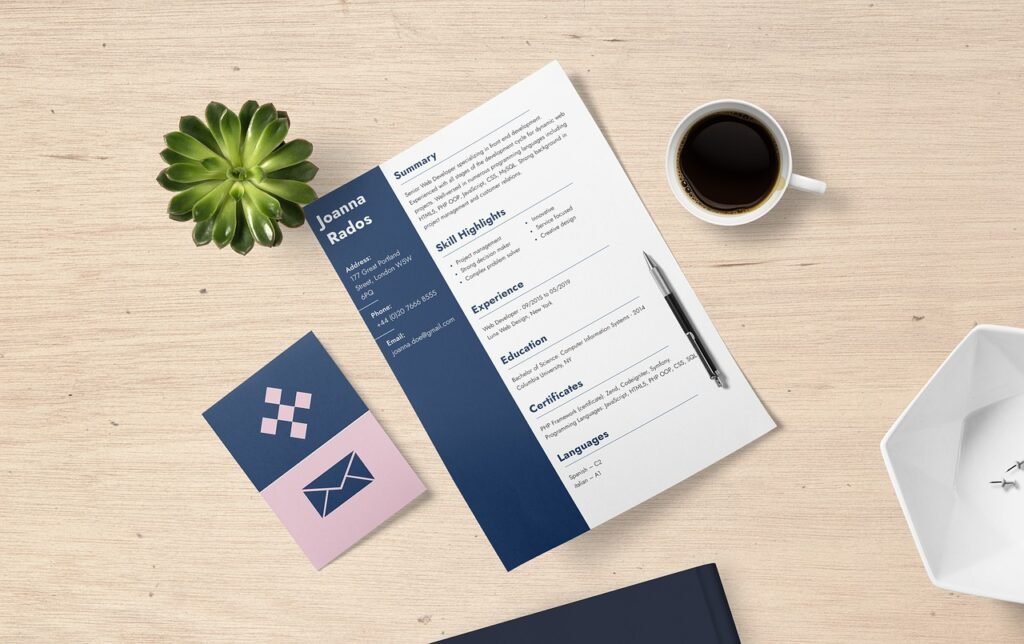
Tailor Your Resume
Your resume should be tailored to the specific role you’re applying for. Use keywords from the job description and focus on achievements relevant to the position. Quantify your accomplishments with numbers, percentages, or specific outcomes to make them more impactful.
Example:
Instead of saying, “Managed a team of sales representatives,” say, “Led a team of 10 sales representatives, increasing regional sales by 25% in six months.”
Organize Your Portfolio
For roles that require showcasing work, such as design, writing, or project management, a well-organized portfolio is essential. Ensure your portfolio is up-to-date and includes your best work, clearly labeled and easy to navigate.
3. Mastering Common Interview Questions
Behavioral Questions
Behavioral questions are designed to assess how you’ve handled situations in the past. The STAR method (Situation, Task, Action, Result) is a great framework for answering these questions.
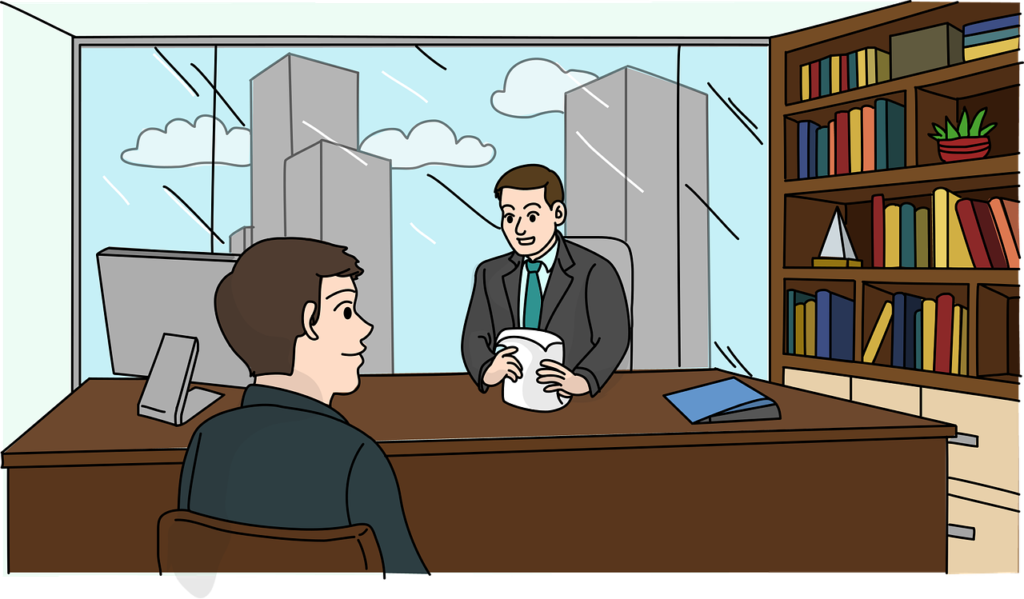
Example Question:
“Tell me about a time you faced a challenge at work and how you overcame it.” use STAR technique.
- Situation: Describe the context.
Task: Explain your responsibility in that situation.
Action: Detail the specific steps you took.
Result: Share the outcome and any lessons learned.
Technical Questions
If you’re applying for a technical role, prepare for questions that test your industry knowledge and problem-solving abilities. Review fundamental concepts and be ready to demonstrate your expertise through practical examples or problem-solving exercises.
Common Questions to prepare for:
- “Tell me about yourself.”
- “Why do you want to work here?”
- “What are your strengths and weaknesses?”
- “Where do you see yourself in five years?”
- “Why should we hire you?”
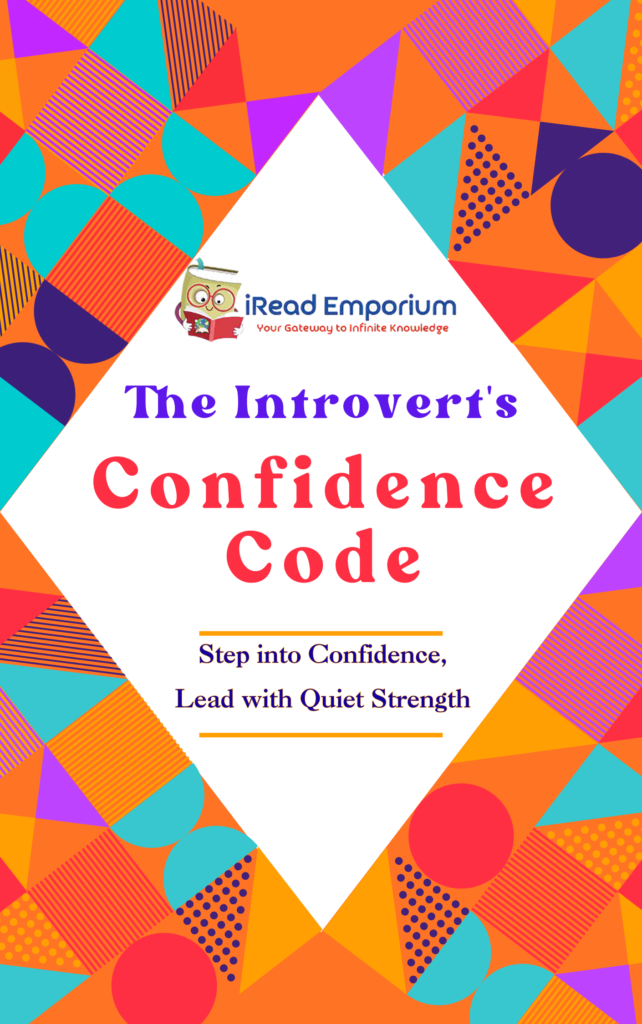
Best E-book on Self Confidence Building
Discover your unique path to confidence with The Introvert’s Confidence Code. This empowering guide helps introverts build authentic self-assurance through self-awareness, quiet strength, and practical strategies. Learn how to embrace your introverted qualities, communicate confidently, and lead with ease in both social and professional settings. Step into a new level of self-confidence—on your own terms.
4. Practicing Your Answers
Mock Interviews
Practice makes perfect. Conduct mock interviews with a friend, mentor, or career coach. Record these sessions to review your body language, tone, and responses.
Pro Tips:
- • Time your responses to avoid rambling.
- • Practice maintaining eye contact and a confident posture.
- • Use varied tones to sound natural and engaging.
5. Enhancing Your Soft Skills
Communication Skills
Effective communication goes beyond speaking clearly. It involves active listening, asking insightful questions, and articulating your thoughts concisely.
Emotional Intelligence (EQ)
Employers value emotional intelligence, which includes empathy, self-awareness, and interpersonal skills. Demonstrating your EQ during the interview can set you apart.
6. Dressing the Part
Understand the Dress Code
Your appearance speaks volumes before you even say a word. Research the company’s culture to decide on appropriate attire. When in doubt, lean towards business formal.

Pro Tips:
- Wear formal attire suitable for the industry (e.g., suits for corporate jobs, business casual for startups).
- Ensure clothes are clean, well-fitted, and wrinkle-free.
- Stick to neutral or muted colors like black, navy, gray, or white.
- Avoid excessive patterns or flashy accessories.
- Closed-toe shoes are preferred; ensure they are polished.
- Keep jewelry minimal and avoid anything too distracting.
- Maintain personal hygiene and neat grooming (hair, nails, and facial hair).
- Use light, subtle fragrances to avoid overpowering scents.
- Carry a clean, professional bag or folder for documents.
- Check dress code expectations specific to the company if possible.
7. The Importance of Punctuality
Punctuality in interviews shows respect, professionalism, and reliability. Arriving on time creates a strong first impression, demonstrating your commitment and time management skills. It reduces stress, allowing you to focus on delivering a confident self-introduction. Being punctual sets the tone for a successful interview, showing you’re serious about the opportunity and ready to contribute. Remember, every minute counts in making a lasting impression!
Early Arrival: Plan to arrive 15-20 minutes early to account for unexpected delays. Being punctual demonstrates respect for the interviewer’s time and shows your reliability.
8. Body Language: What You Don’t Say Matters
Your body language can express confidence, openness, and enthusiasm. Pay attention to your posture, eye contact, and gestures. A firm handshake, a genuine smile, and active listening all contribute to creating a positive and professional impression.
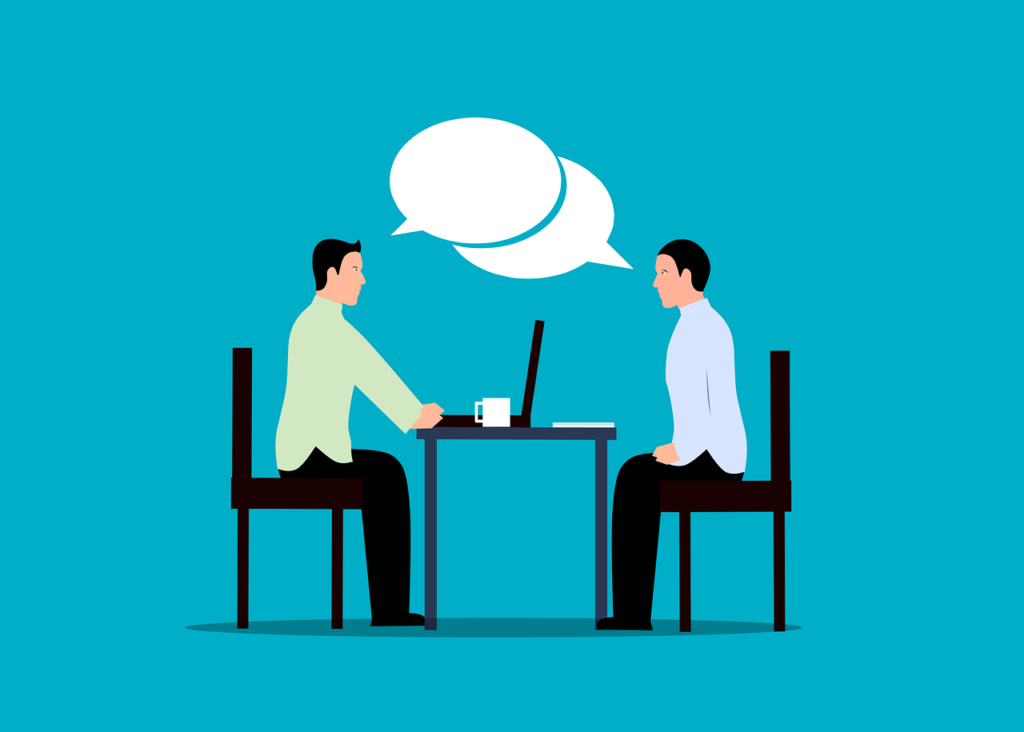
- Maintain eye contact to show confidence and engagement.
- Offer a firm handshake to convey professionalism.
- Sit upright with a relaxed posture to appear attentive.
- Avoid crossing arms, which can seem defensive or closed off.
- Use natural hand gestures to emphasize points without overdoing it.
- Smile genuinely to create a positive, approachable vibe.
- Nod occasionally to show active listening.
- Avoid fidgeting to maintain focus and calmness.
9. Asking Intelligent Questions
When the interviewer asks, “Do you have any questions?” your answer should never be “No.” Prepare thoughtful questions that show your interest in the role and company.
List of Questions
- What does a typical day look like for someone in this role?
- What are the key challenges someone in this position might face?
- How would you describe the company culture?
- What qualities do you think are essential for success in this role?
- How does the company support professional development and growth?
- What are the team’s current goals, and how does this role contribute?
- What are the opportunities for advancement within the company?
- Can you tell me about the next steps in the interview process?
- How does the company measure success in this role?
- What excites you about working for this company?
10. Follow-Up: Sealing the Deal
Thank You Email
Send a thank-you email within 24 hours of the interview. Express gratitude for the opportunity, reiterate your interest, and briefly mention something discussed during the interview to personalize your message.
Sample E-mail
Subject: Thank You for the Opportunity
Dear [Interviewer’s Name],
I wanted to take a moment to sincerely thank you for the opportunity to interview for the [Job Title] position at [Company Name]. It was a pleasure learning more about the team, the role, and the exciting projects at [Company Name].
I am genuinely excited about the possibility of contributing to [mention a specific aspect discussed during the interview] and am confident that my skills and experiences align well with the needs of your team.
Thank you once again for your time and consideration. I look forward to the possibility of working together. Please don’t hesitate to reach out if you need any further information from me.
Best regards,
[Your Full Name]
[Your Contact Information]
Common Mistakes to Avoid in Interviews
- Lack of Preparation: Arriving unprepared can be detrimental. Research thoroughly and practice your answers.
- Overconfidence or Arrogance: Confidence is key, but arrogance can be off-putting. Strike a balance by being humble and respectful.
- Talking Negatively About Past Employers: Always speak positively or neutrally about past employers to maintain professionalism.
- Rambling or Giving Vague Answers: Stay concise and relevant. Use specific examples to illustrate your points.
- Failing to Ask Questions: Not asking questions can indicate a lack of interest. Always prepare thoughtful questions.
- Poor Body Language: Slouching, avoiding eye contact, or fidgeting can create a negative impression.
- Inappropriate Dress: Dressing too casually can signal a lack of respect for the company’s culture.
- Forgetting to Follow Up: Sending a thank-you note can make a lasting impression and demonstrate your professionalism.
A job interview is more than just a conversation; it’s your opportunity to showcase your skills, personality, and readiness to contribute to the company. By investing time in thorough preparation, practicing your responses, and being mindful of your body language, you can significantly enhance your chances of success. Remember, every interview is a learning experience, so reflect on each one and continuously refine your approach.
How to Prepare a Self-Introduction for an Interview: A Step-by-Step Guide
A strong self-introduction sets the tone for the entire interview. It’s often the first question asked—“Tell me about yourself”—and your response can make a lasting impression. Crafting a compelling self-introduction involves highlighting your key skills, experiences, and personality while keeping it concise and relevant. Here’s a step-by-step guide to help you prepare a powerful self-introduction for your next job interview.
A good self-introduction follows a clear structure that balances personal and professional elements. Here’s a suggested framework:
- Greeting and Introduction
- Current Role/Status
- Relevant Experience
- Key Skills and Achievements
- Reason for Interest in the Role
- Closing Statement
Sample Self Introductions
Example for Experienced Professional:
“Good afternoon, my name is Sarah Mathew. I’m a marketing professional with over eight years of experience in digital strategy and brand management. Currently, I’m leading the digital marketing team at ABC Ltd., where we successfully increased online sales by 40% in the past year through targeted campaigns. I’m particularly skilled in data-driven decision-making and team leadership. I’m excited about this role because of your company’s innovative approach to marketing, and I believe my background aligns well with your vision. I’m eager to contribute my expertise to your team and help achieve your growth goals.”
Example for Fresher Graduate
“Hello, my name is Aman Wadhwa, and I recently graduated with a degree in Mechanical Engineering from XYZ University. During my studies, I completed an internship at ABC Manufacturing, where I worked on improving production efficiency by analyzing workflow processes. I also led a team project that developed a prototype for a sustainable energy solution. I’m passionate about problem-solving and innovation, which is why I’m excited about this opportunity to contribute to your company’s engineering projects. Thank you for this opportunity.”
A well-prepared self-introduction sets a positive tone for the rest of the interview. By structuring your introduction thoughtfully, personalizing it for the role, and practicing it with confidence, you’ll leave a lasting impression and position yourself as a strong candidate for the job.

